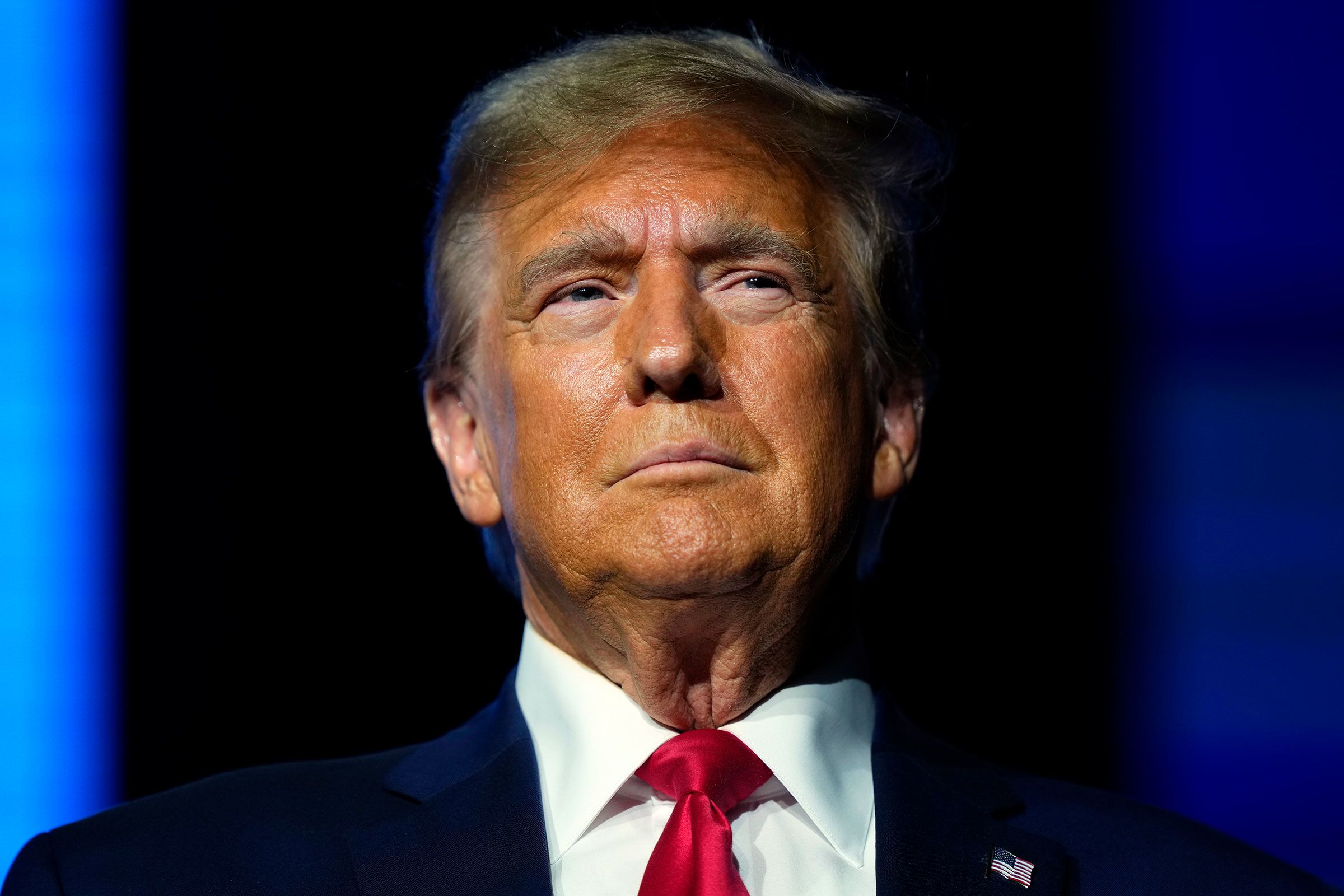The Supreme Court is set to decide on whether former President Donald Trump can claim immunity from special counsel Jack Smith’s election subversion charges. The court’s decision, expected to be lengthy and detailed, will be the focus of attention when the nine justices convene in April to hear arguments and craft an opinion that will either permit Smith’s prosecution of Trump or halt it.
Despite the straightforward nature of the question presented in Trump’s immunity appeal, some legal experts have identified potential challenges for Trump based on the wording of the question. However, the implications for the prosecution are also mixed, suggesting a possible outcome that could lead to further delays and legal battles before the case can proceed to trial, even if Trump’s claims of absolute immunity are dismissed by the justices.
Norm Eisen, a former White House ethics czar during the Obama administration and a CNN legal analyst, noted that the case’s framing was “extremely carefully crafted” and seemed to indicate a rejection of presidential immunity.
Following Trump’s request for the Supreme Court to overturn a lower court ruling against him, the justices announced they would decide on the dispute. In a succinct one-page order, the court expedited review and scheduled arguments for the week of April 22. The court also clarified the question it intends to answer: “Whether and if so to what extent does a former president enjoy presidential immunity from criminal prosecution for conduct alleged to involve official acts during his tenure in office.”
The Supreme Court did not adopt Trump’s framing of the question nor the question Smith posed when he sought review on the same issue in December. Notably, the Supreme Court disregarded one of the questions Trump asked it to resolve: whether Smith’s prosecution amounted to double jeopardy, in violation of the Fifth Amendment, because he was acquitted by the Senate in 2021 after his second impeachment.
Trump has argued that “absolute immunity” for former presidents covers virtually any action in office. However, by including the words “whether” and “to what extent” in the question, the court may be suggesting that it intends to define the term more narrowly.
Andrew McCabe, former FBI deputy director and CNN legal analyst, interprets the wording differently. He noted that lower federal courts avoided defining the outer limits of presidential authority. The Supreme Court’s question, he said, could “open the door to determining not only if there is immunity, but what allegedly official acts would be covered.”
Trump’s strategy of delaying the four criminal trials against him has been well-documented. By taking the appeal, the Supreme Court has effectively postponed the start of a trial in the federal election subversion case by weeks, at least.
Mark Meadows, Trump’s former chief of staff, has also argued that his election actions were part of his official responsibilities. However, 11th Circuit Chief Judge William Pryor rejected the claim last year that official-adjacent activity is protected from prosecution.
In a separate case, a unanimous three-judge panel drew a distinction between campaign acts and official actions. Trump had argued in that case that he was immune from civil liability for anything he said while president. The appeals court flatly rejected the argument.

